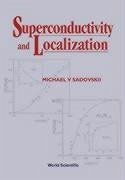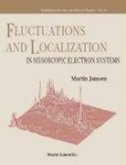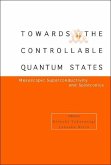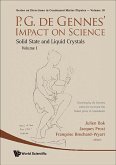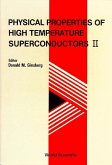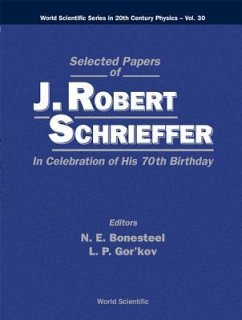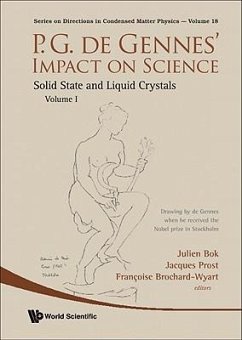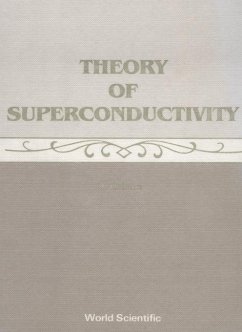This book presents a review of theoretical and experimental work on the problem of the interplay of Anderson localization and superconductivity in strongly disordered systems. Superconductivity persists close to disorder-induced metal-insulator transition in a number of real systems, e.g. amorphous metals and compounds, systems dis-ordered by fast neutron irradiation, systems with impurities, etc. High temperature superconductors are especially interesting from this point of view, as the experiments with controllable disordering may provide important clues to the nature of electronic states in these systems. The book starts with a brief discussion on modern aspects of localization theory, including the basic concept of scaling, self-consistent theory of localization and interaction effects. After that it analyzes disorder effects on Cooper pairing and superconductivity transition temperature as well as Ginzburg-Landau equations for superconductors that are close to the Anderson transition. A necessary generalization of the usual theory of "dirty" superconductors is formulated which allows one to analyze anomalies of the main superconducting properties close to disorder-induced metal-insulator transition. Finally, the book reviews a number of experiments demonstrating superconductivity close to the Anderson transition, in both traditional and high T(c) superconductors.
Hinweis: Dieser Artikel kann nur an eine deutsche Lieferadresse ausgeliefert werden.
Hinweis: Dieser Artikel kann nur an eine deutsche Lieferadresse ausgeliefert werden.

